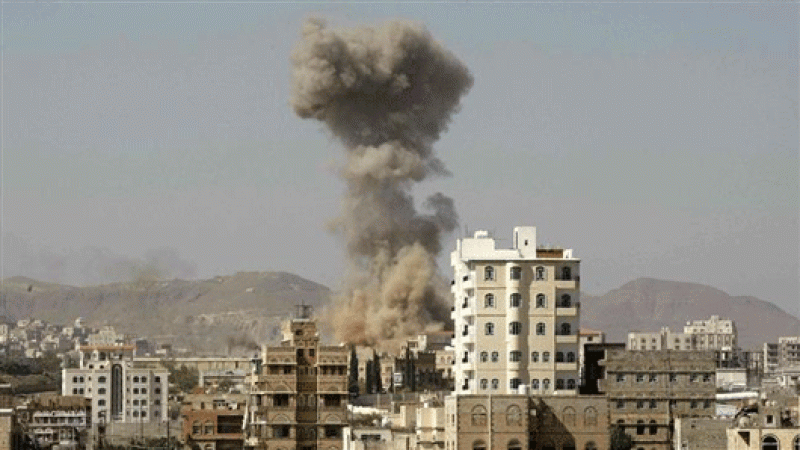
By Shoqi A. Maktary
Today marks the 1,000-day anniversary of the beginning of the war in Yemen.
We Yemenis have lived with this war for over two and a half years. For 1,000 days — day in, day out — we have woken up and gone to bed with the terrifying reality of airstrikes, ground-fighting, and hunger. But this is not the worst of our pain. Our real source of pain is knowing that all of this could have been prevented, with one simple, life-saving decision — to support peacebuilders. In fact, a concerted effort by the international community to invest in local peacebuilders would not only help stop the violence and bloodshed, but would also stabilize our country and alleviate horrific human suffering in the long term.
The current conflict in Yemen pits the Houthis … against the resigned regime of President Abd Rabbu Mansour Hadi, which is backed by a Saudi-led coalition of Gulf states. And while national, regional, and international forces struggle for political control, the civilian population bears the burden of war.
Ten thousand of my countrymen and women have died, and nearly 3 million have fled their homes. More than half of Yemenis — over 17 million men, women, and children — are facing food insecurity. This worsening emergency is manmade. The costs of food, health care, and water are rising since the closure of Yemen’s seaports and airports in November.
For the last 1,000 days, geopolitics has dominated how people understand my country. But social divisions are deepening inside Yemen, as a result of this crisis. The conflict has entrenched existing rifts and created new ones. Political affiliations within the different religious schools have caused communities to drift apart. Local disputes over access to resources are now devolving into conflicts based on tribal, religious, or political divides. Lawlessness and insecurity have created space for new militant groups and violent extremist organizations and have shown some of the worst aspects of humanity: child soldiers, reprisal attacks, and extrajudicial killings.
International negotiations have not yet led to a peace agreement, and one is not likely in the short term.
Yet, there is hope. I see opportunities today to lay out a path to stabilize Yemen and build lasting peace. There are pockets of stability within the country. Ordinary citizens, grassroots leaders, and civic groups strive to stop violence and build unity. The international community must invest in these local drivers for peace, both to end today’s conflict and to ensure long-term stability.
Get development's most important headlines in your inbox every day.
As the Yemen country director for the world’s largest dedicated peacebuilding organization, Search for Common Ground, I have kept working in local communities during the conflict. Our team has put their lives at risk, because we see the possibility of a peaceful future for Yemen. That possibility is evident in many areas, such as in Taiz Almafer, where people came together to broker a deal to share water, end violence, and secure their town’s survival. That possibility is made stronger by the actions of courageous Yemenis like a young woman we work with in Hodeida who facilitated an agreement to let 500 young girls return to school. These examples — and hundreds of others like them — are the foundation of a future, peaceful Yemen.
At Search for Common Ground, our 35 years of experience working in some of the world’s toughest contexts have taught us that peace at the national level is predicated on peace at the local level, and vice versa. That’s why it is so important that the international community identify and support local peacebuilders on the ground, who are building a new society, one small town at a time.
As political negotiations progress, communities will be the bedrock for the implementation of a peace agreement. But that means that we need to act now to strengthen inclusive community platforms that manage disputes, bridge divides, and create the foundation for a unified Yemen. If we wait to build relationships across dividing lines until negotiations are successful, we may have a Yemen peace agreement with no Yemen.
It’s time to stop oversimplifying this war as “the next Syria.” It’s time to go beyond addressing only the humanitarian crisis and other symptoms of the conflict. It’s time to help local mediators and peacebuilders succeed.
The people of Yemen have suffered for 1,000 days. Please do not wait another 1,000 days before you decide to support us.
Source: devex, Edited by Website Team